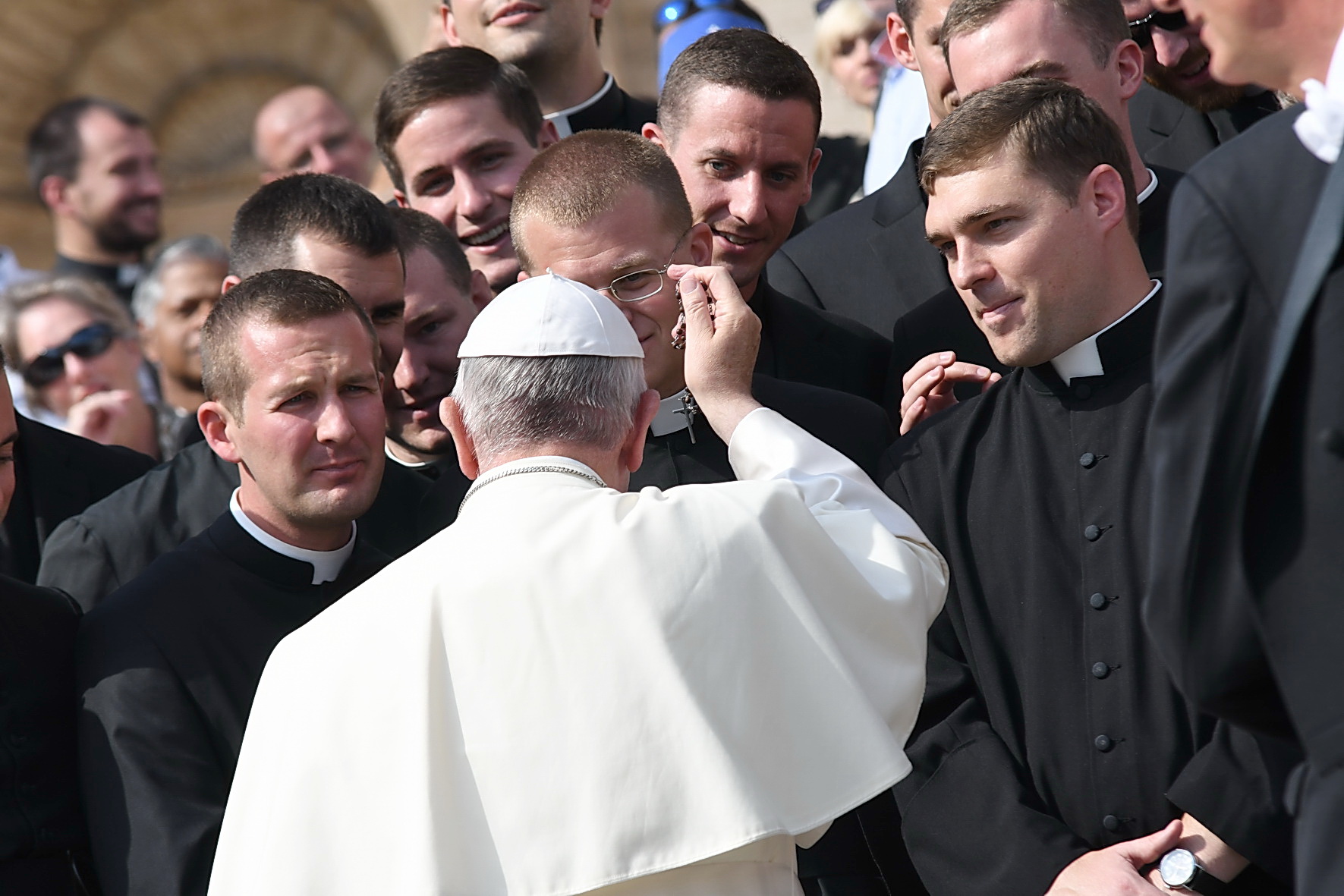Third millennium presbyters
Some reflections on the formation of candidates to the priesthood, pastors of souls within a secularised environment. “God must not be invented but found.” Seminarians today: spirituality, social and cultural dynamics and a renewed evangelizing mission

Those were the concluding moments of a workshop with seminarians of one of approximately 150 houses of formation for seminarians and religious clergy from world Countries who are studying in Rome. We were discussing their expectations after priestly ordination. The focus was on administrative and organizational issues along with the many meetings they were due to attend. At a certain point, a participant voiced the thoughts of many in that room: “We want to be pastors of souls!”. That sentence remained engraved in my mind. It encapsulates the essence of my past 15 years in Rome tasked with the formation of future pastors. Most of those who choose to follow their religious vocation have a truly spiritual motivation and a lot of good will, just like the generations that came before them. What changes is the moment, hence the premise that prompts young people – not as young nowadays – to enter the seminary and undertake the path of formation. It is a shared opinion that over the past ten years the conditions of society and of people’s lives have radically changed. Thus Christian faith, prayer and action must “develop together.” The image we have of God cannot remain the same if our knowledge of the empirical world has evolved. Just as we imagine and pray to God in a different way, according to whether we are 5, 15 or 50 years-old, also historical and societal events cannot occur without leaving a trace in the theological and spiritual realms, as well as in the formation to the priesthood. Today, the main features of priestly formation should take into account some of these epochal transformations: ever fast-paced lifestyles, isolation and disorientation. God must not be invented, He must be found. God can be found only in intense and personal ways. The constant flow of information on the Internet and the ceaseless communication on social media platforms make it necessary for all those seeking God to devote time to silent prayer, to process their impressions and try to find God in all of this. Seminarians should learn what they do not learn in the family, through friends, or at school. It’s much better and it’s healthier for the mind and for the heart to carve out a niche for true meditation, to perceive the powerful, silent presence of God, before being overwhelmed by the flow of daily impressions. Also in Italy children are seldom raised in families with many children or come into contact with large families. Thus it’s no longer natural for them to learn that in a group the “ego” can’t always be at the centre of attention; that it’s important to balance giving and receiving; that we don’t always have the possibility of choosing who we want to live or work with. In this respect, in priestly formation it’s important to highlight the fact that with authenticity and sincerity, in the awareness of their strengths and limits, they are called to go out towards people with sincerity, to live and work with them. Finally, there must be “spiritual discernment”, which helps priests find the way and stand as an example against the backdrop of widespread disorientation and arbitrariness, helping the faithful not to fall into resignation, in forms of self-closure, nor into feelings of euphoria before new trends or fashions. Naturally grace, more than everything else, makes us the agents of God’s work in the world. According to the well-known thought of St Thomas Aquinas, grace perfects what was created in nature. When we direct our gaze to Jesus and to His message and we reach out to the heart of the Gospel, we find people of good will, open and yearning to deepen the faith in the One and Triune God. The priests are not expected to be impeccable and perfect. Jesus’ first disciples and the first Christian communities teach us that we must always renew our efforts to lead a credible life. If the candidates to the priesthood face this challenge with honesty and patience we can be sure that the Lord of the Church and of history will do His share so that even today, the priests may deliver fruits in Him.
(*) theologian and psychologist, Pontifical Gregorian University